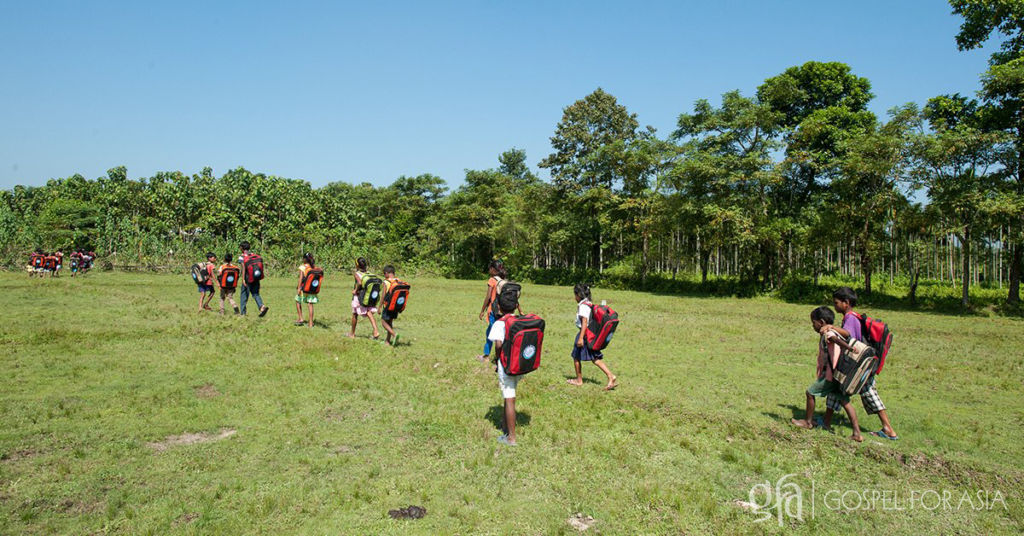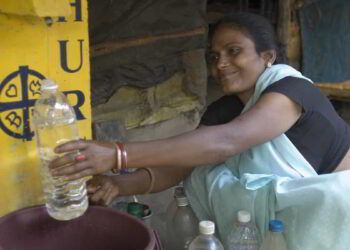Imagine a little girl gazing out a living room window, two streams of tears cascading down her cheeks. Out the window, she sees empty paths flanked by lush vegetation. She would rather look outside—or sleep the day away—than feel the isolation of the small room.
This is what Jenya’s life was like.
Jenya lived with her grandparents on a tea plantation where they worked. The rest of her family lived on another tea plantation more than 30 miles away. Once a month, Jenya’s parents would scrape enough money together for the journey to see their daughter. The joy of family visits was quickly replaced by feelings of rejection and abandonment as soon as her parents left. The separation left a gaping hole in the young girl’s heart.
Families like Jenya’s parents and grandparents, who work on tea plantations, face overwhelming challenges. Most receive poverty-level wages with the promise of “perks” like free housing and education for their kids. But many plantations do not keep up their end of the bargain to provide adequate housing or schools. Even if there is a school to attend, many children end up in the fields to help fulfill the unreasonable quotas placed on the families. International Labor Rights reports, “Dropout rates among children is extraordinarily high for tea families … low wages and high quotas have forced both women and aged workers to bring in children to assist them in plucking leaves to meet the productivity quota.”
READ THE REST OF THE STORY ON GFA.ORG
Learn more about how to sponsor and help the children from families stuck in generational abject poverty who need a Bridge of Hope.
Go here to know more about Gospel for Asia: Facebook | YouTube | Instagram | LinkedIn | SourceWatch | Integrity | Lawsuit Update | 5 Distinctives | 6 Remarkable Facts | 10 Milestones | Media Room | Child Labor | Endorsements | 40th Anniversary | Lawsuit Response











